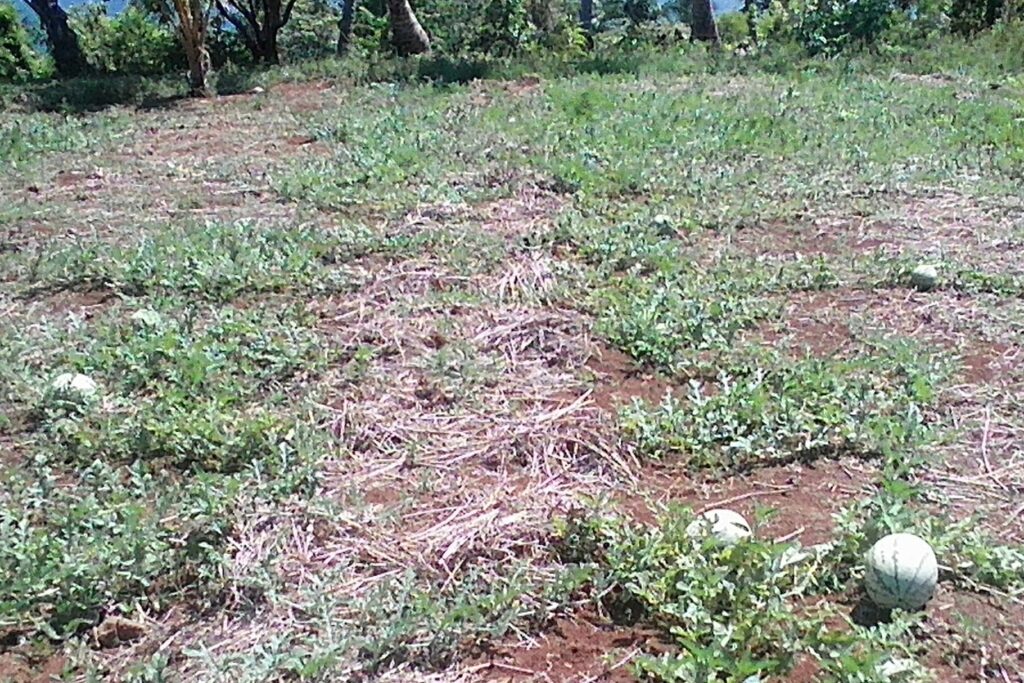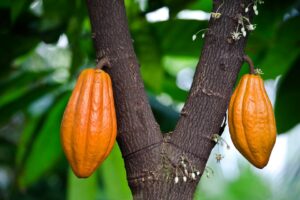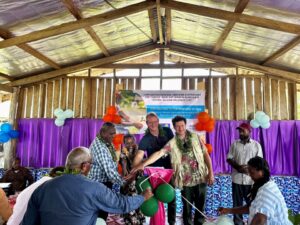BY MAINE LIVETT
FREELANCE REPORTER IN GIZO
CULTIVATING the soil to sustain one’s livelihood in the communities is obviously not an easy task, as it comes with a lot of challenges. For instance, a farmer has to be well acquainted with the type of soil available in his or her area, and understand which crops will be able to grow and produce good results. As well as some understanding of the weather pattern in that locality.
Here we come across a local farmer, based in Gizo town in the western province, Elder John Holland.
Holland is a living example for fathers and grandfathers, who patiently maneuver through inevitable challenges farmers often face out in the communities.
Gizo has experienced long periods without enough rainfall compared to other Islands and provinces.
However, that somewhat seems ordinary to Gizo now, but that factor doesn’t stop Holland from growing vegetables and root crops for sale and sustenance.
He started farming at Kolombangara in 1986 and moved to Gizo in 2008. Holland use to raise chicken, honey, root crops, and vegetables which he labeled as faith Garden.
He said, when he first arrived in Gizo, he recalled he had experienced consistent rainfall. so, then he would work according to weather patterns. however, that is not the case now, as the weather has changed or becoming unpredictable.
Holland did not go out to search for paid jobs, he utilizes his knowledge of farming to mitigate mostly natural factors, he’s facing in order to maintain his passion, be resilient, and keep going.
“Poor growth of plants due to less availability of water, as irregular availability of water is a challenge faced by farmers in Gizo. He said.

“Another challenge is the unpredictable weather pattern that affects vegetables.
“Luck of enough technical knowledge on cultivation of vegetables can also be a setback in terms of production.”
“So, we look for crops that can adapt to dry periods and crops that can adapt to heavy rainfall.”
“We also support plants manually with shade, and make sure to add organic materials to assist growth.” He added.
The Passionate farmer also plants Vetivah grass to avoid soil erosion and for water retention.
“Vetivah grass is also, for creating boundaries, other uses are for mulching, roofing, basket, and mat.” He explained
“It can also use to threat areas heavily mined or destroyed by human activities, to stabilize soil and filters water.”
Holland, now experimenting with water Melon on a hilltop in Gizo town, he said, whether he’s doing farming on a hilltop or in a valley, it doesn’t matter to him.
“where grasses grow means anything can grow and produce fruit.” He said.
However, while he plants watermelons on a hilltop, he also grows cabbages in the valley at the bottom of the hill, so he’s moving up and down the hill, to manage them.
He planted 600 seedlings of watermelon in his top-hill patch. He said he’s keeping a record of his harvest so that he can find out whether he will receive a good outcome in the end.
He said he’s also experimenting to prove that farming watermelon on the hilltop will work for him or not.
“One of the challenges, why I plant on top of the hill, is the scarcity of land space available.” He said.
I don’t carry water uphill, I only use mulching to maintain moisture at the root of the plant.”
Holland is a regular face at Gizo Market, selling watermelons and vegetables. His prices range from $5 to $40.




